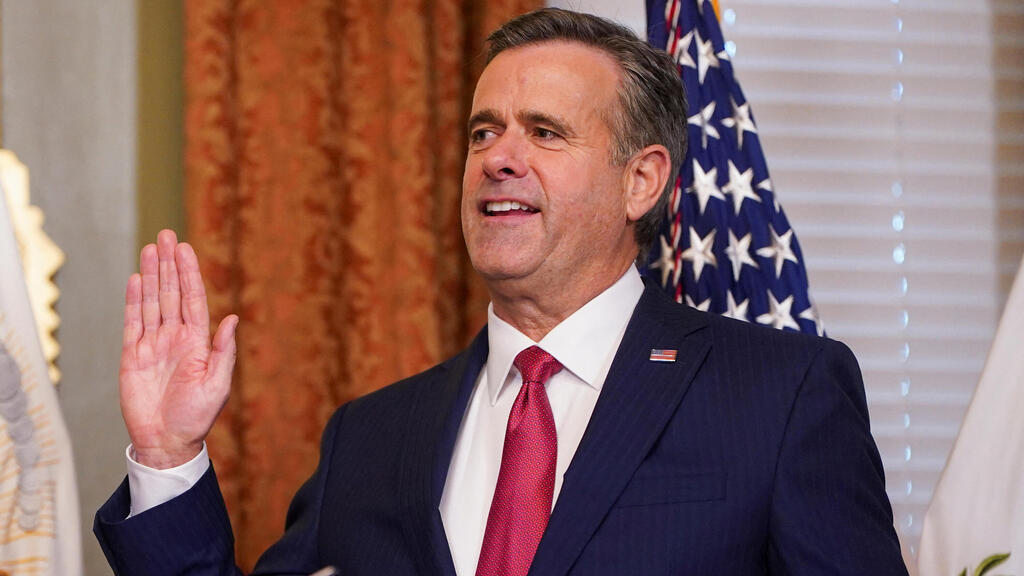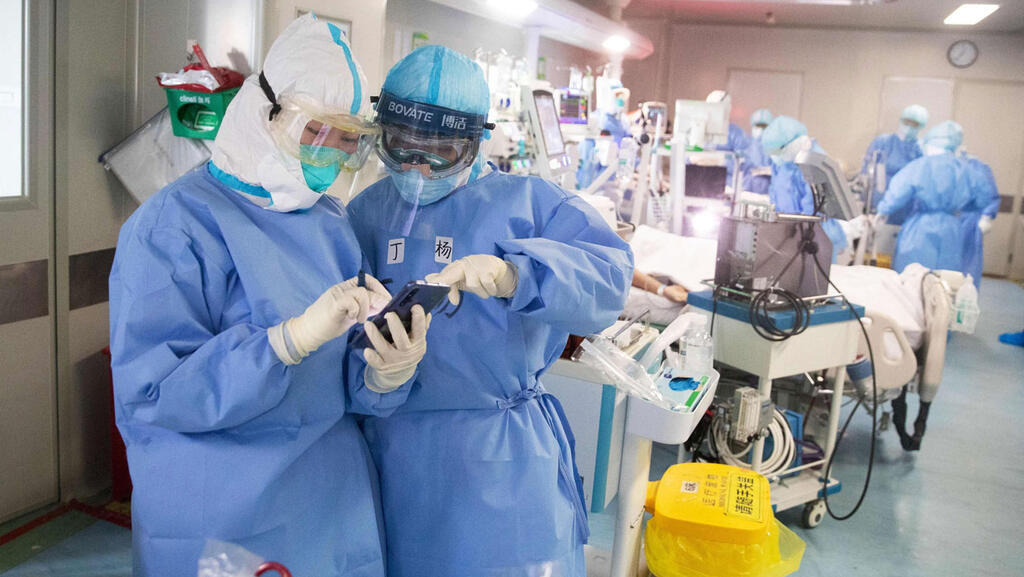Two days after incoming CIA Director John Ratcliffe assumed the role, the agency released an updated assessment on Sunday stating a high likelihood that the COVID-19 virus leaked from a lab in Wuhan, China. This marks a shift from its earlier neutral stance between the natural-origin theory and the lab leak hypothesis.
The CIA clarified that the updated assessment wasn’t based on new intelligence but on a renewed analysis of existing data, including a deeper examination of the working conditions in Wuhan’s research labs prior to the outbreak. A spokesperson stressed that the possibility of a natural origin is still under review.
Before taking office, Ratcliffe expressed firm support for the lab leak theory, calling the investigation into the virus's origin a "top priority" for national security. "I think our intelligence, our science and our common sense all really dictates that the origins of COVID was a leak at the Wuhan Institute of Virology," He said upon his swearing-in and vowed to push the CIA aggressively for more information.
Reports suggest the updated assessment was developed during former U.S. president Joe Biden’s administration under former CIA Director William Burns, following National Security Advisor Jake Sullivan’s directive for a review of the pandemic’s origins. However, Ratcliffe decided to make the findings public, aiming to ensure the CIA’s involvement in the ongoing debate.
Despite the shift, the assessment is classified as having "low confidence," indicating inconclusive intelligence. Intelligence officials warn that a definitive conclusion may never be reached due to limited data and China’s refusal to cooperate with international investigators.
China has strongly rejected the CIA’s findings, accusing the U.S. of politicizing the issue. A Chinese Foreign Ministry spokesperson dismissed the claims as "baseless rumors" and urged focus on scientific collaboration instead of accusations.
The worldwide intelligence community remains divided on the issue. Some argue that the origin debate is secondary to China’s broader failures in regulating its live animal markets and research labs. Others view it as a critical intelligence question with far-reaching implications for U.S.-China relations.
Since the pandemic's onset in 2019, conflicting reports from government and academic bodies have muddied the waters, with some supporting the lab-leak theory and others pointing to Wuhan’s live animal market as the likely source.
Under the Biden administration, most intelligence agencies leaned toward a natural origin, albeit with low confidence. While agencies like the National Intelligence Council and Defense Intelligence Agency (DIA) supported a natural origin, the FBI and U.S. Department of Energy leaned toward the lab-leak hypothesis, albeit with differing specifics.
Get the Ynetnews app on your smartphone: Google Play: https://bit.ly/4eJ37pE | Apple App Store: https://bit.ly/3ZL7iNv
Amid these revelations, scientists and policymakers are calling for an independent investigation with unrestricted access to Chinese data. Many agree that uncovering the virus’s origin is vital for both scientific understanding and security, though some argue the growing pressure stems as much from geopolitical tensions as public health concerns.
China continues to resist full cooperation with the World Health Organization (WHO) and Western entities, complicating efforts to resolve the mystery surrounding the pandemic’s origins.




